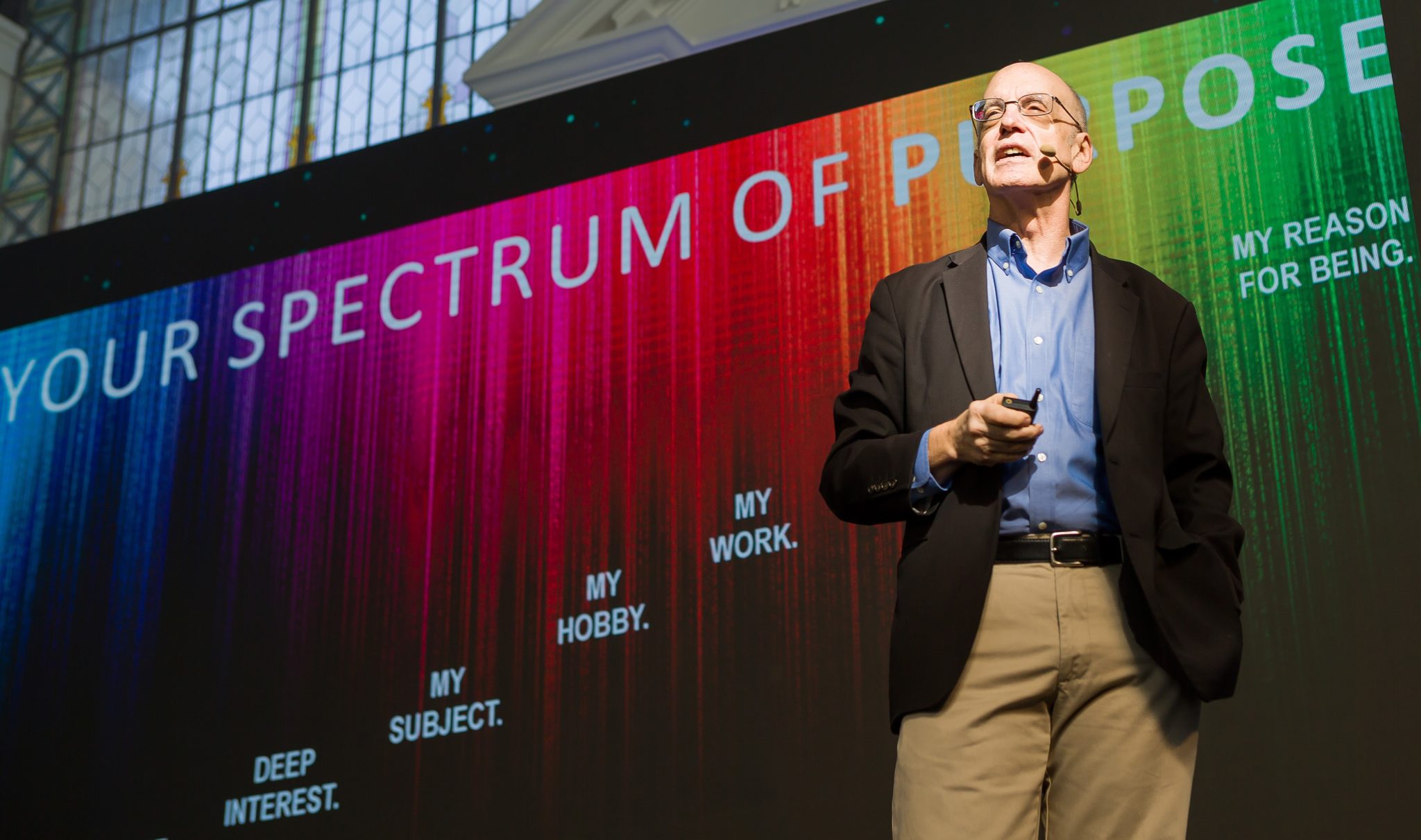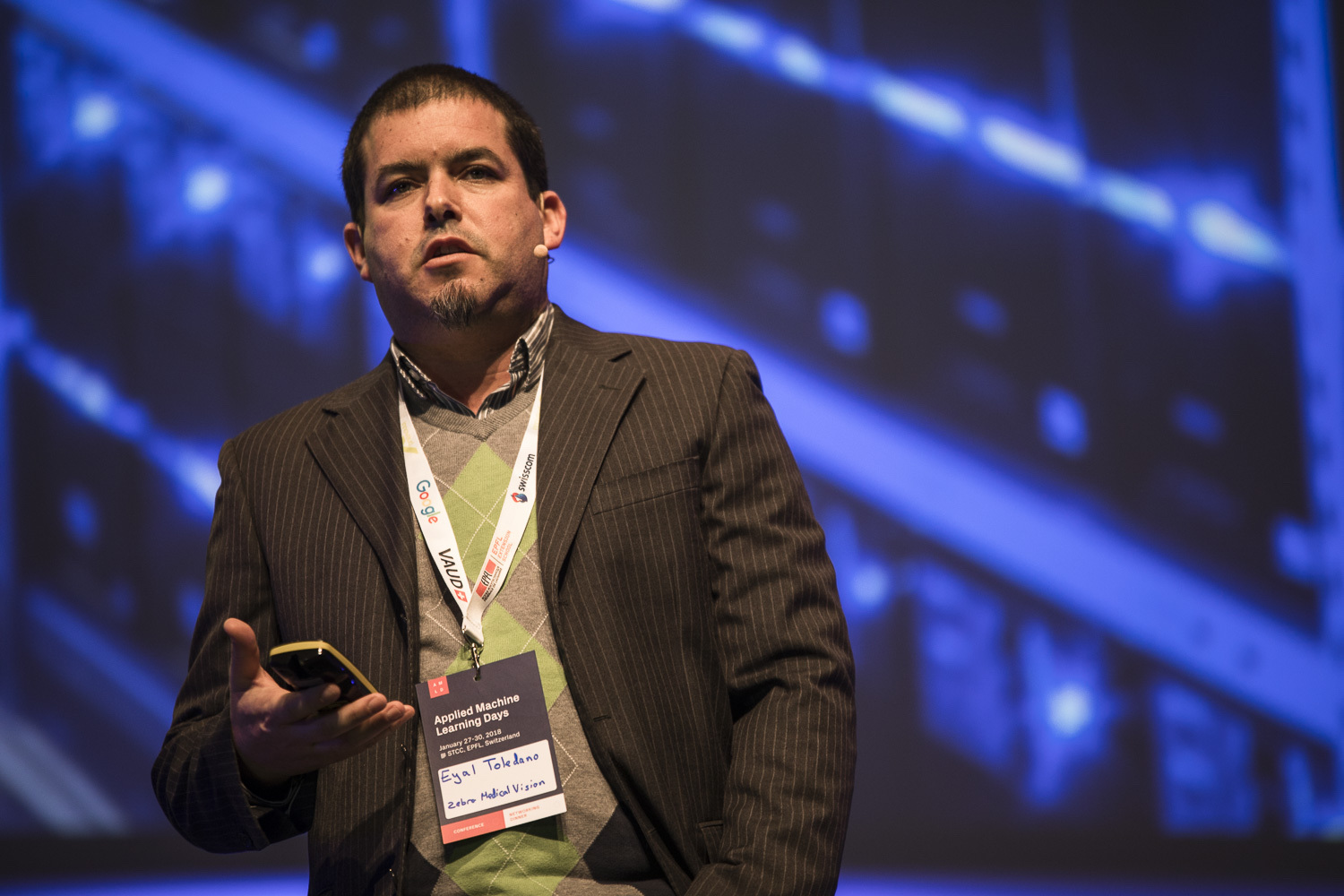
In the midst of what many have dubbed “The Great Resignation,” many employers are struggling to fill job openings. According to one report, approximately 72 percent of recruiters are struggling to find relevant candidates. And startups in particular are seeing hiring delays. According to another report, it takes an average of six months to hire someone for a startup.
Fixing this issue isn’t easy. According to entrepreneur Gary Bolles, standard recruitment strategies are ill-equipped to handle the future of work. He says traditional recruitment pipelines are highly dependent upon poorly designed processes that usually don’t benefit the hirer or the worker. Instead, he says startups should focus on expanding their network.
“What you’d love to have is a magic wand capacity that gives you access to a broad network of people,” Bolles says. “You want a high functioning network with a range of different people who can all solve a wide variety of different kinds of problems.”
Bolles is the author of “The Next Rules of Work”, a book that helps leaders understand why traditional notions about work inhibit their ability to address new problems. On Jan. 13, 2022, Bolles hosted a webinar for Founders Network members where he provided pandemic-era strategies for hiring and growing people.
“Instead of thinking in terms of metrics or some numbers or targets that we need to hit, we need to design systems from scratch.” Share on XTo learn more about pandemic-era strategies for hiring and growing people, see if you qualify for membership and check out the webinar from January 13.
DE&I recruiting
Each year, Silicon Valley Bank releases the results of a survey of startup founders around the world. In the most recent report, Silicon Valley Bank asked startups in the U.S., U.K. and Canada about the ethnic and racial minorities in their C-suites and on their board. According to the report, less than half of the companies had at least one member of their leadership teams who was ethnically or racially diverse. The same was true for the number of women in the C-suite and on boards.
While statistics like this illustrate diversity, equity and inclusion issues in the startup world, changing the status quo is more than a numbers game. In order to address DE&I in hiring, organizations often tack metrics on to their recruiting processes. However, according to Bolles, DE&I initiatives must be more than an afterthought.
“We need a mindset shift,” Bolles says. “Instead of thinking in terms of metrics or some numbers or targets that we need to hit, we need to design systems from scratch. We need DE&I to happen automatically as opposed to a set of mechanics that we try to tack on to our recruiting processes.”
“ATSs are a mechanical approach to old rules processes.” Share on XThe role of tech
Companies are increasingly turning to technologies like artificial intelligence to revamp their hiring processes. However, Bolles says AI can exacerbate recruitment issues because it often relies on historical data sets that are biased. Bolles is also critical of applicant tracking systems because he says they rely on outdated processes.
A recent study found that ATSs are contributing to hiring issues and preventing employers from filling open positions. According to the report, 88 percent of employers say qualified candidates are vetted out of the hiring process because they do not match the exact criteria in job descriptions. The report indicates that outdated metrics and software systems are causing employers to overlook overqualified candidates, resulting in approximately 27 million hidden workers in the U.S.
“ATSs are a mechanical approach to old rules processes. That’s a model that works sometimes for some hirers, for some applicants, and for some work roles and for the most part doesn’t work very effectively for many,” Bolles says. “None of that means you shouldn’t have good data. You should have good data. You should be able to track information about the people in your sphere. But only focusing on this narrow slice is a miss for everyone.”
“You have to be extra careful and extra sensitive about not creating systems that are just going to get you people that look like you.” Share on XHiring in the pandemic era
The pandemic hasn’t just prompted employees everywhere to rethink their jobs. It’s also forcing employers to rethink how they work and how they hire. Remote work is more popular than ever and as COVID-19 continues to force some to work remotely for safety reasons, startups are having to change the way they do business.
Part of this global shift to remote operations involves a more virtual hiring process than ever before. More and more companies are increasingly turning to video interviews to fill open positions, but researchers are already detecting issues employers should be cognizant of. According to one study, video conferencing for job interviews disadvantages both employers and candidates. Additionally, according to Bolles, video interviews can have unintended consequences in terms of bias.
“I know that we have to do these things in a virtual world. But there are a whole bunch of aspects of video interviews that are biased against a wide range of applicants, especially people with diverse backgrounds and without the kind of exposure to these processes that gives them very low chances for success,” Bolles says. “You have to be extra careful and extra sensitive about not creating systems that are just going to get you people that look like you.”
Want to learn more about pandemic-era recruitment strategies? In his webinar Bolles covered:
- How work changed in “the Great Reset” of the global pandemic
- How these changes have affected founders and startups
- What founders need to do differently to effectively hire and develop workers
- What founders need to know about skills to grow their company
To learn more about pandemic-era strategies for hiring and growing people, see if you qualify for membership and check out the webinar from January 13.






